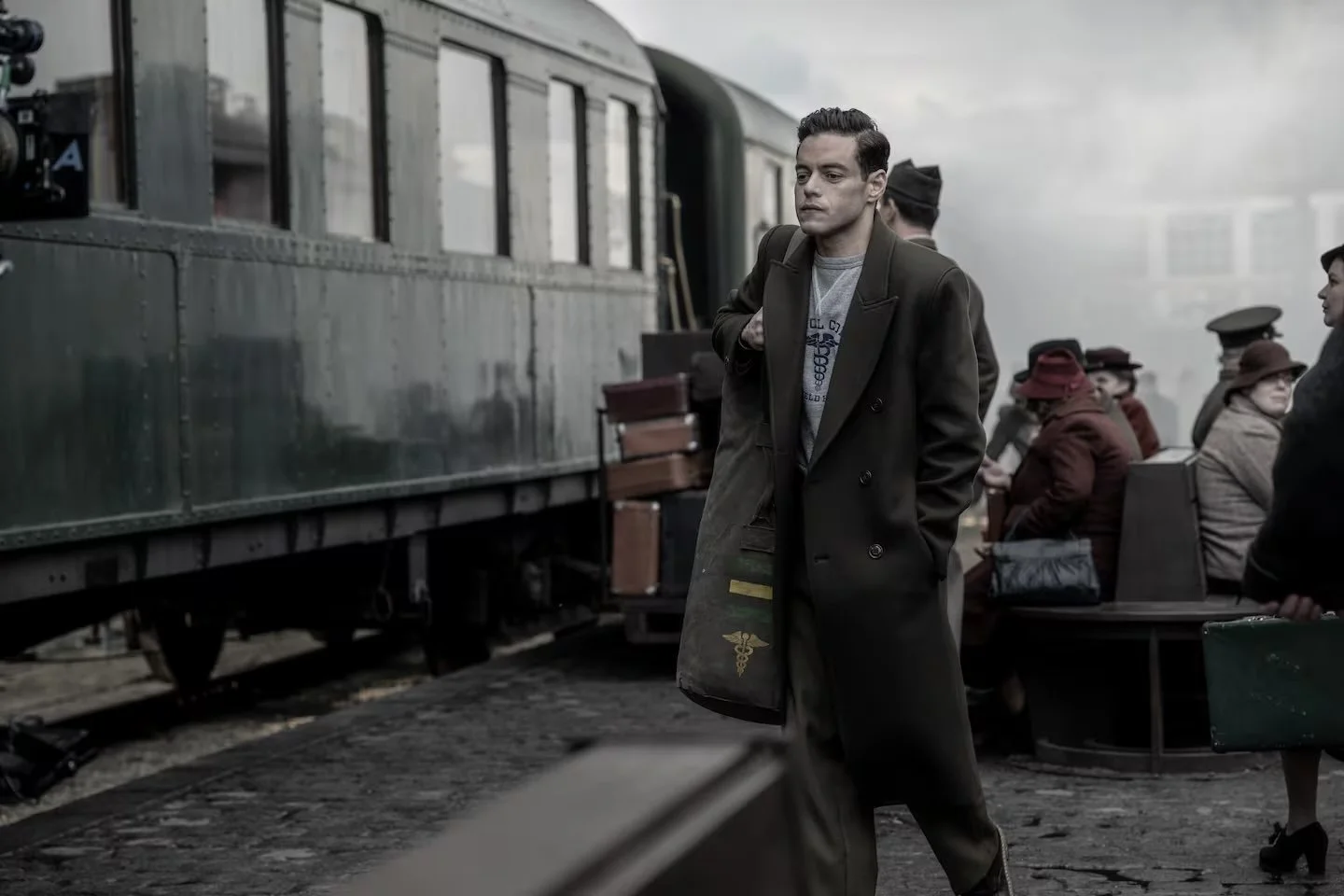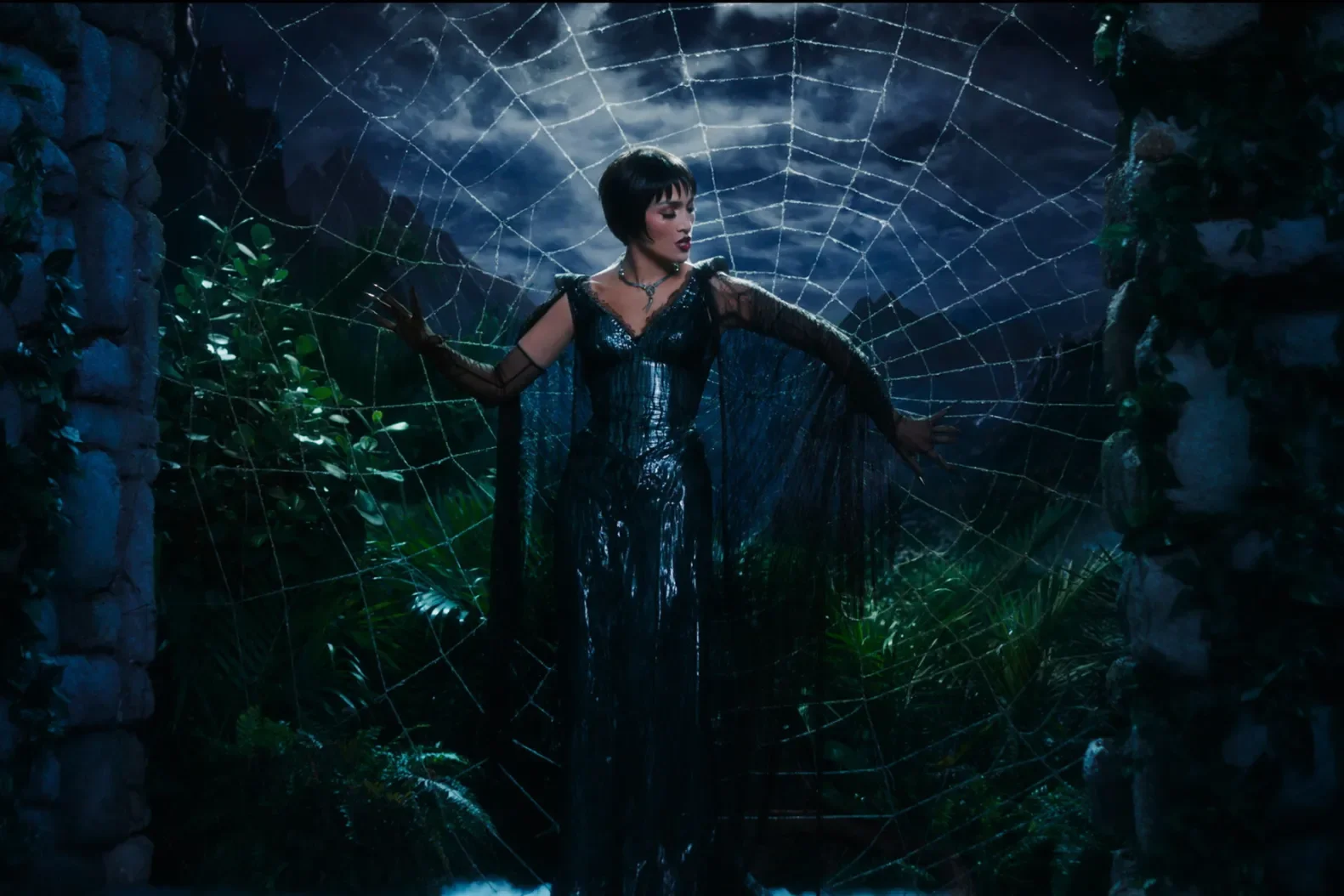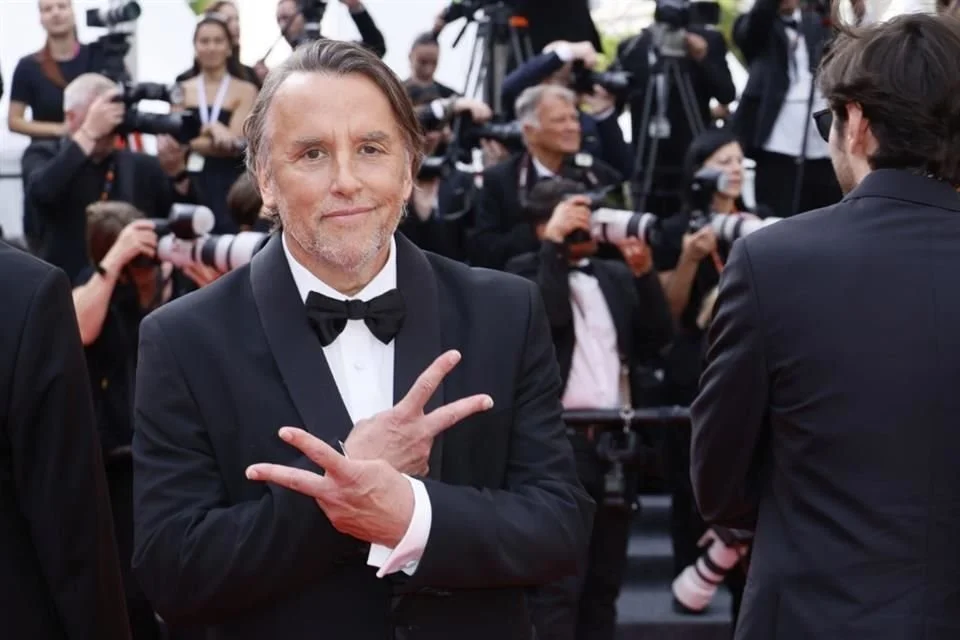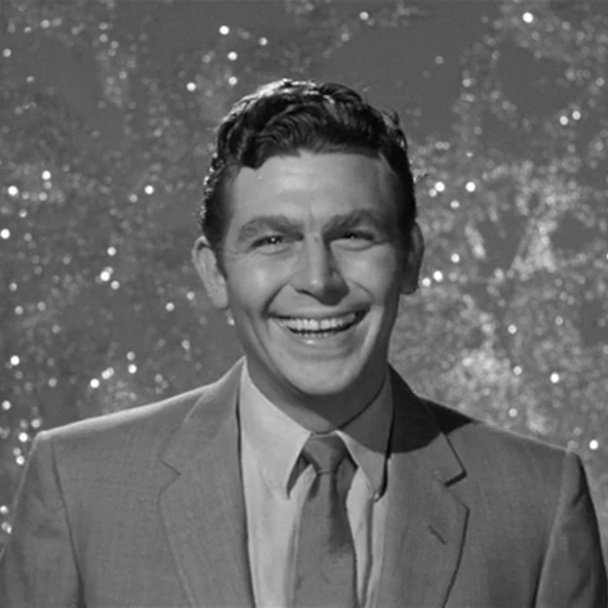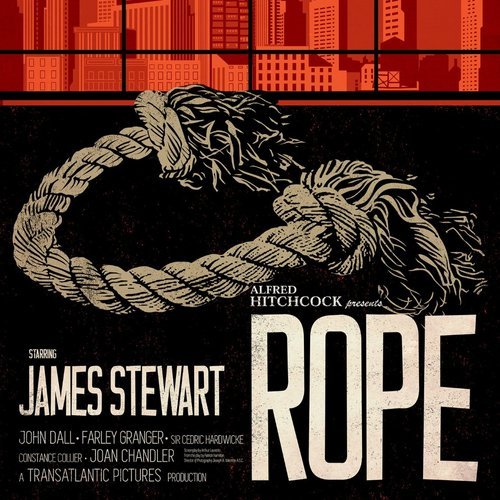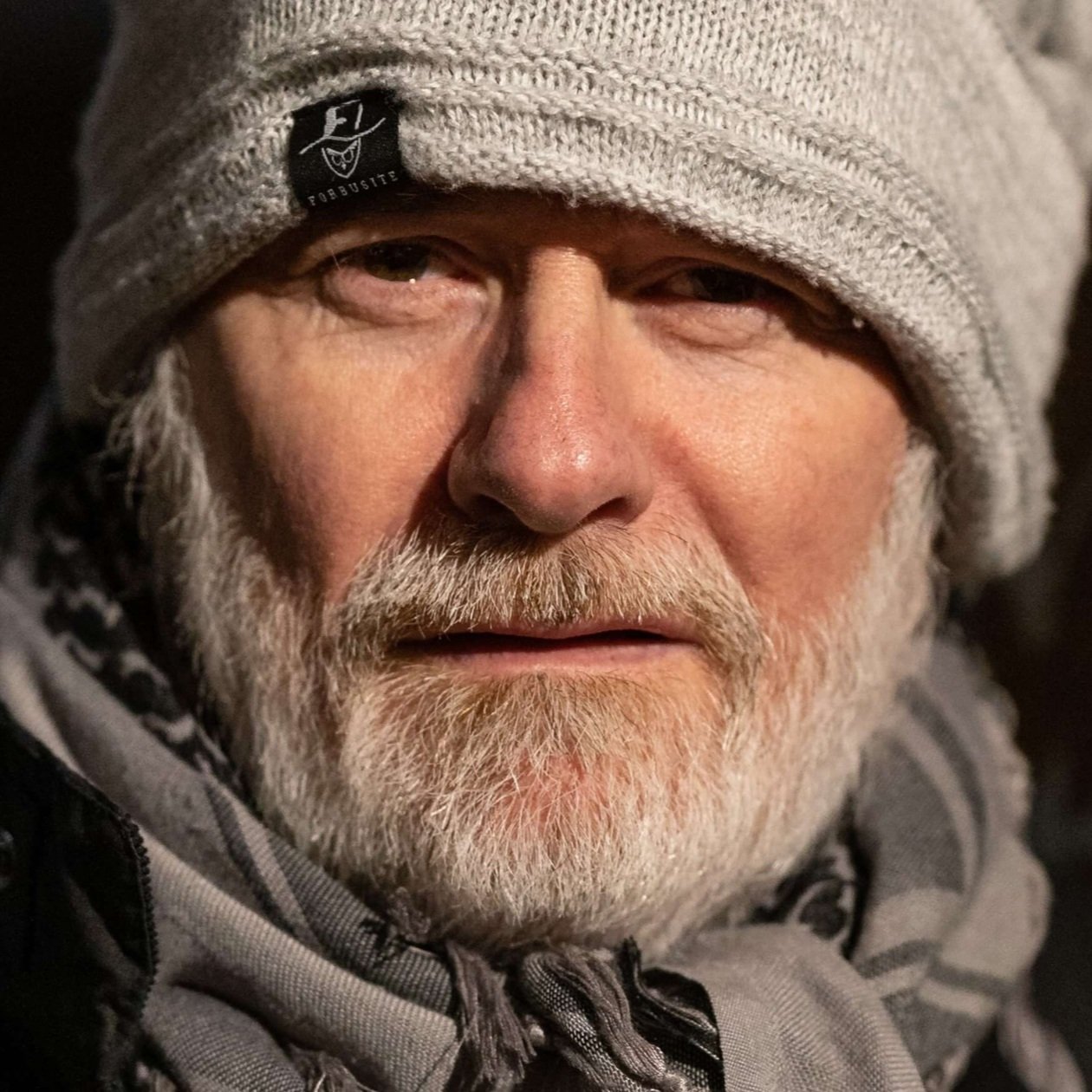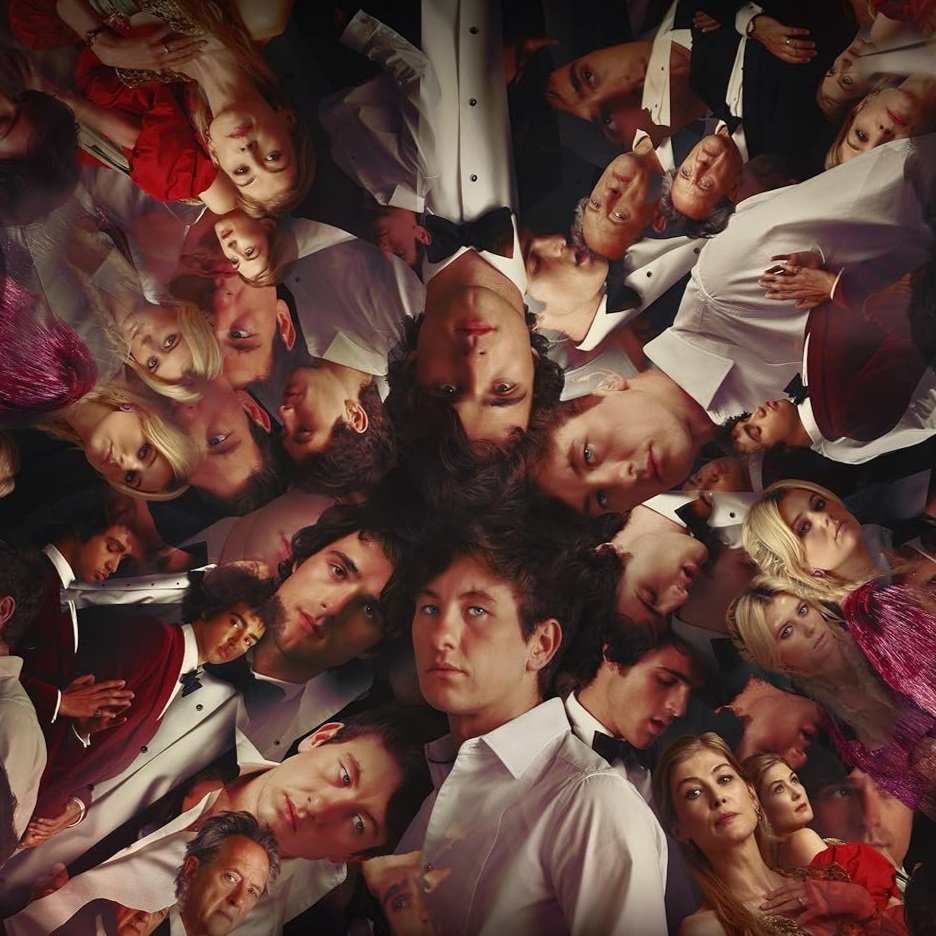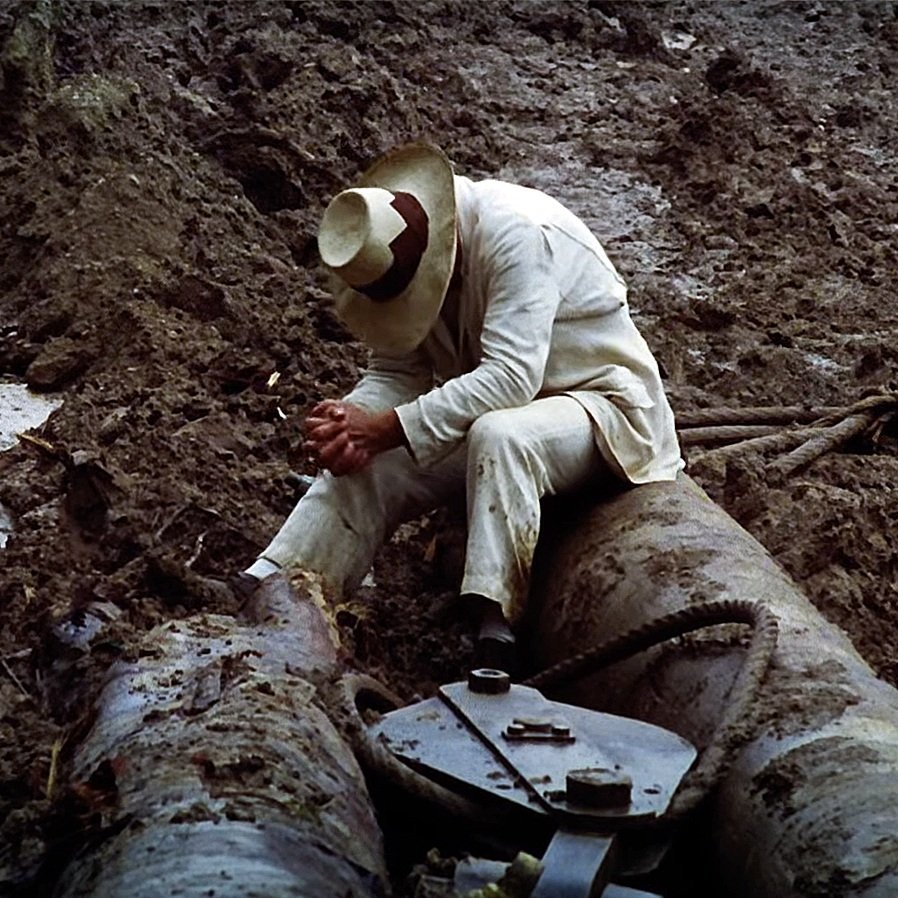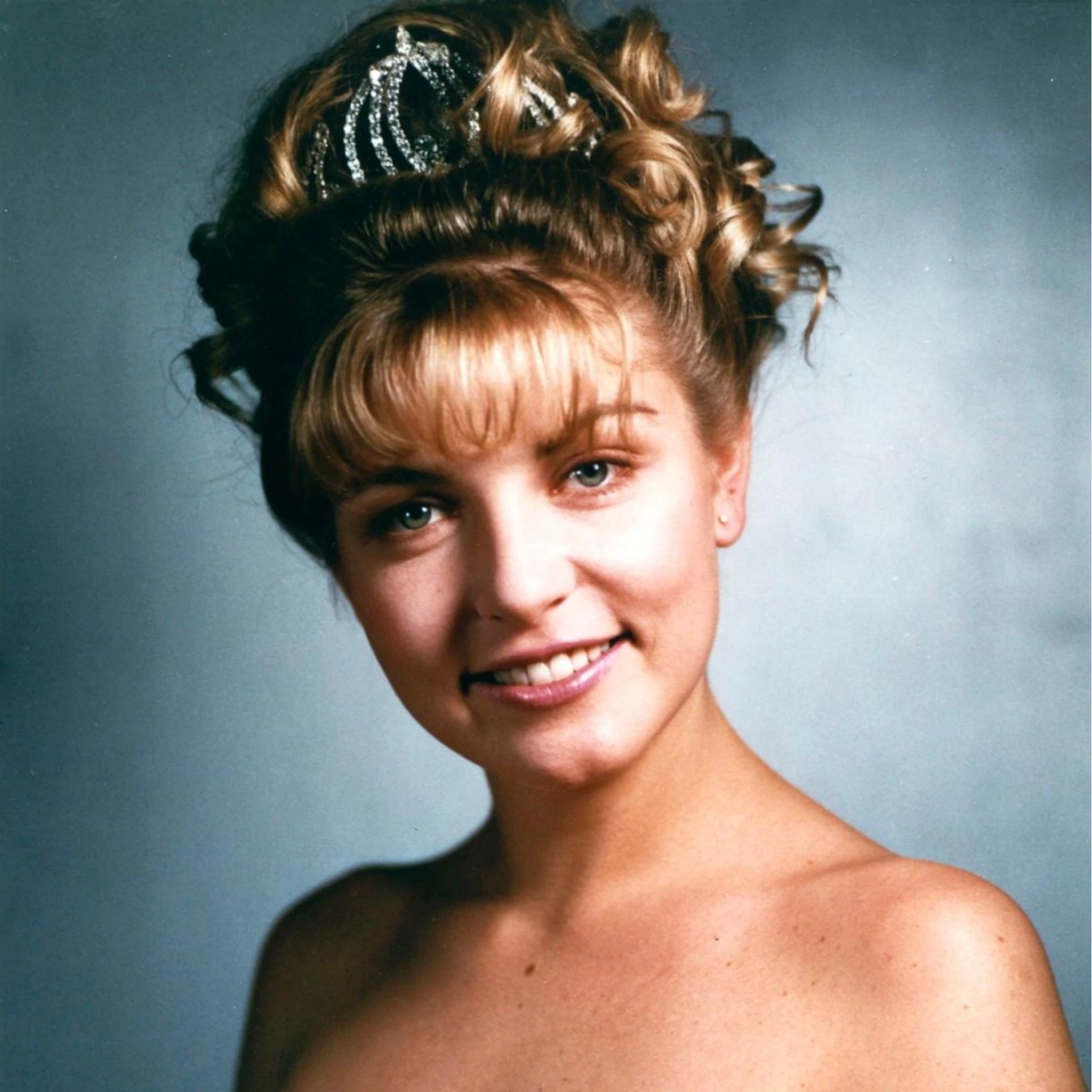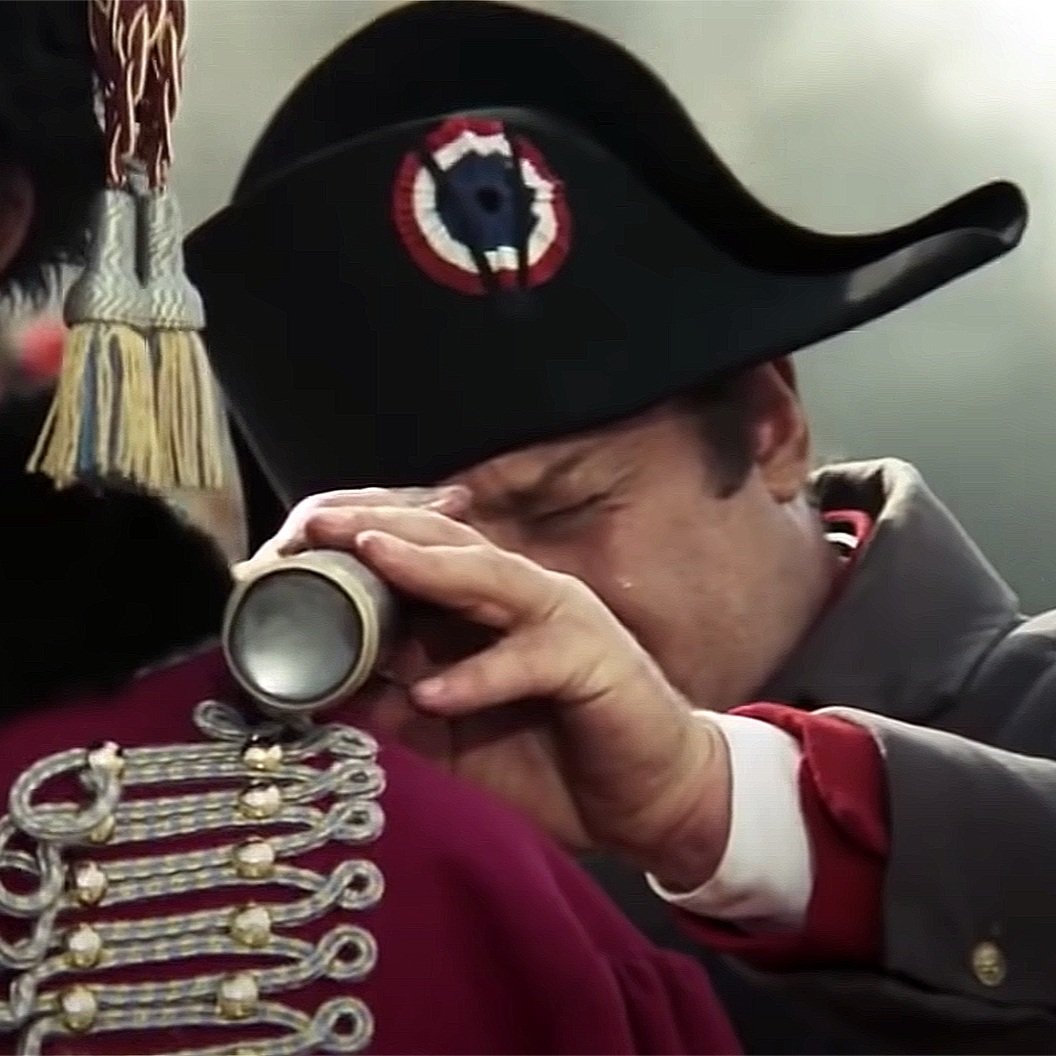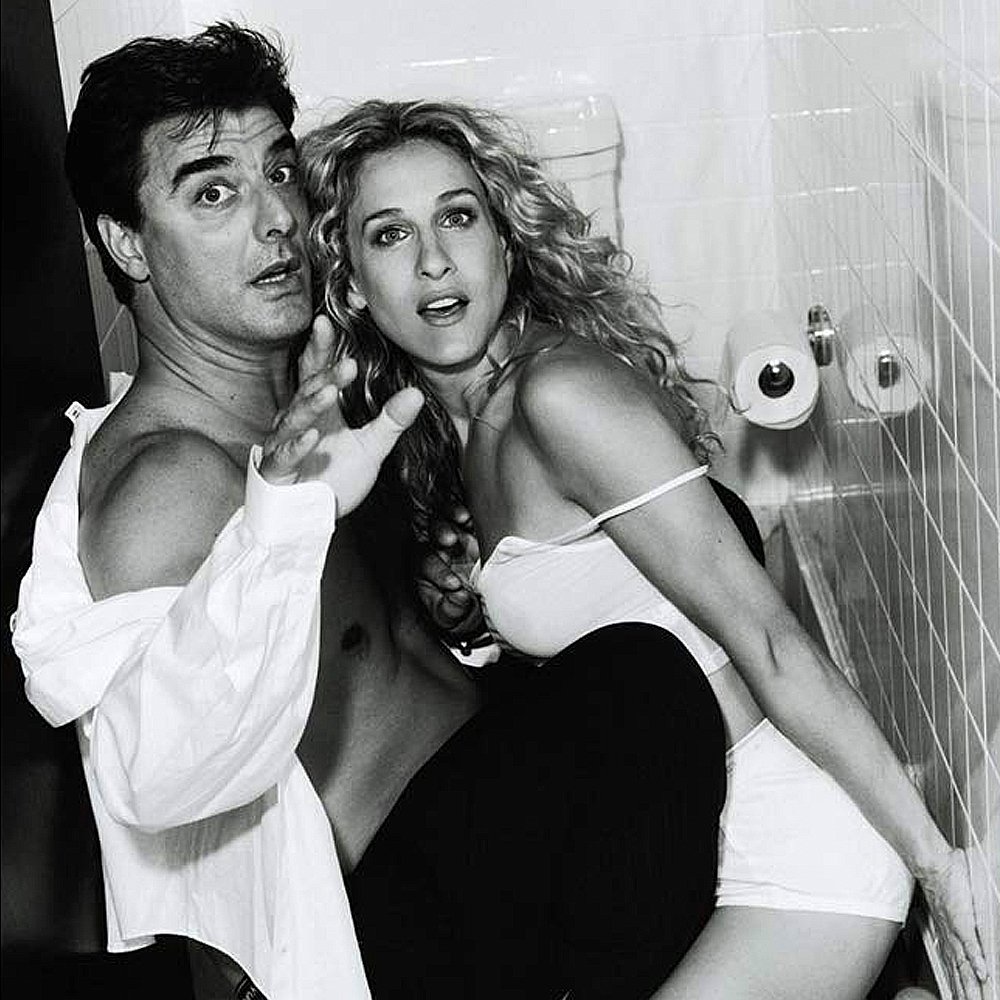Irma Vep: The Glory of a Reboot
Irma Vep, the 2022 HBO miniseries, is at once incredibly complicated, yet so simple in its sophistication. By far, the most complicated aspect is how meta it is. Based on the 1996 film Irma Vep by Olivier Assayas, it goes through the production of a TV adaptation of an old black and white serial, Les Vampires. This doesn’t seem too confusing, right? Think again. The original 1996 film, which shows the production of a movie reboot of the original Les Vampires, exists in the same timeline as the 2022 show. That makes the 2022 show in which they are remaking the film made in the 1996 movie, a remake of the 1996 which is based on the old black and white film. Confused yet? Once the audience grasps this accumulation of meta elements, the miniseries is an enjoyable and refreshing experience.
The basic plot of Irma Vep follows Mira (Alicia Vikander), an American actress, starring in the French production of Les Vampires. Mira plays Irma, the muse of the Vampire gang. She is a sleuthy and seductive character, dressed in an incredible catsuit. Trouble ensues as the production continues, from an unreliable director to a mutiny amongst cast members.
Irma Vep explores the difference between character and actor, and how the lines can blur. Mira, in a sense, becomes Irma Vep. Cleverly, Mira is even an anagram for Irma, just as Irma Vep is one for vampire. When Mira is out of character, she is a typical American, complete with subdued outfits and a sarcastic tone. However, when she slips into the tight black catsuit, she completely transforms. It was so interesting to watch Mira act as Irma off-set, seemingly possessed by the character. Alicia Vikander’s acting is so incredibly convincing as she switches between Mira and Irma as they blend into a singular persona.
Besides Alicia Vikander’s Mira, Irma Vep is filled with a cast of idiosyncratic characters. Mira’s assistant and aspiring filmmaker, Regina, adds an American touch to the primarily French characters as is rather blunt and monotone. Similar to the original film, there is some ill-fated romance, between Mira, Zoe (her costume director), Laurie (her ex-assistant), and Eamonn (fellow actor and ex-boyfriend). My favorite character was Gottfried, the foul-mouthed German actor whose antics were deplorable, but his acting skills were amazing. Every scene he was in turned out to be crazy and unpredictable. René Vidal (Vincent Macaigne), the depressed director of Les Vampires, provided a great foil to Mira. While Mira, and her counterpart Irma, were incredibly confident and sophisticated, Vidal was self-loathing, unsure, and unreliable. The cast of characters provided chaos that made the viewer worry about the production happening on screen.
Compared to the 1996 cult classic, the miniseries format allows the viewer to see more complete scenes of the actual film being produced in the show. These scenes are quite jarring as they are often rather bizarre. From Mira’s musical number to long slow scenes, these are quite the contrast to the contemporary show. The original movie is no stranger to the bizarre, as the climax of the movie shows the director’s final cut of the film, filled with strangeness. The new Irma Vep is still weird, but in an altogether different way. For example, out of nowhere, Mira begins to walk through walls when she transforms into Irma Vep. This did not fit with the tone of the show at all, yet it somehow made sense as Mira began to lose herself to Irma.
Upon watching Irma Vep, many would be quick to declare it incredibly unique. However, it is simply a reboot/sequel to the film made by the same director. While the plot is similar, the miniseries is richer, for the most part due to its more extended format. Overall, Irma Vep is the film lover’s dream – to get to watch a fictional production with all the troubles and beauty of the filmmaking process put on full display.
Popular Reviews




